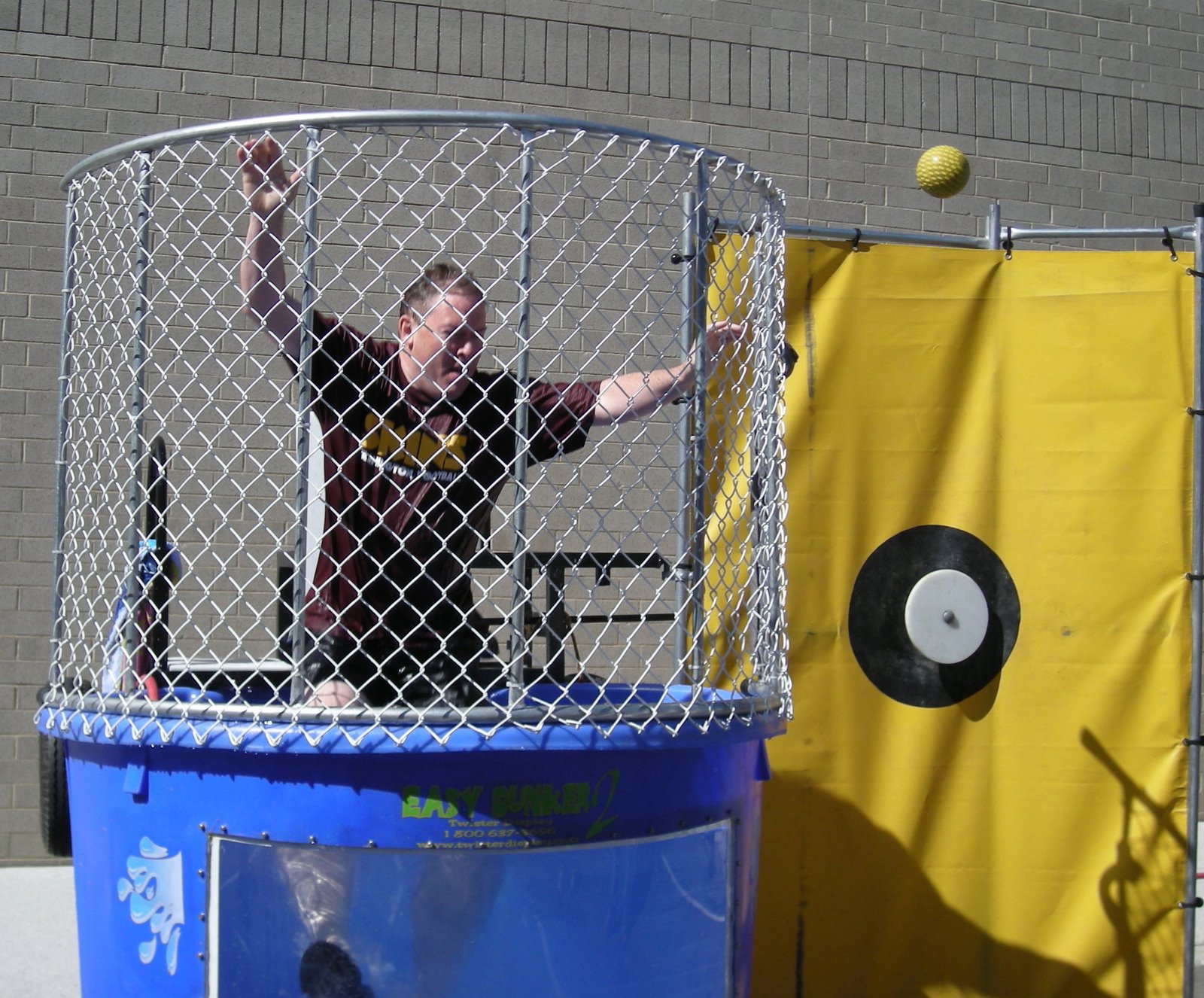Up until 20 years ago, scientists believed that the human brain was largely mature by puberty. Apparently, they had failed to notice the irrational behavior and flaky thinking of teenagers. Now, of course, we know that the human brain continues to undergo serious restructuring well into the 20s.
Sophisticated brain-scan studies by Jay Giedd at the National Institute of Mental Health (NIMH) have shown dramatic changes throughout the teenage years as excess gray matter is pruned from the prefrontal cortex — the seat of higher-order thinking and making judgments (like not smoking weed right before your chemistry exam). Meanwhile, behavioral studies have shown what every parent already knows: teens have poor control over impulses and a tendency toward risk taking. Still, relatively little is known about how such changes affect learning or what happens at a biochemical level in the brain as teens go through their addled adolescence.
A fascinating study published in the current issue of Science helps fill in a bit of the picture, drawing evidence from that research-friendly fellow mammal, the mouse. The authors, a team from State University of New York Downstate Medical Center, wanted to look at whether the ability to learn is affected by changes in brain chemistry that occur at puberty. They devised a task that was relatively complex (at least for a mouse) and required learning how to avoid a moving platform that delivered a very mild shock.
Read more: http://www.time.com/time/health/article/0,8599,1973532,00.html?hpt=T2#ixzz0jKbCNETB
Thanks Brett for sharing this with me.


















No comments:
Post a Comment